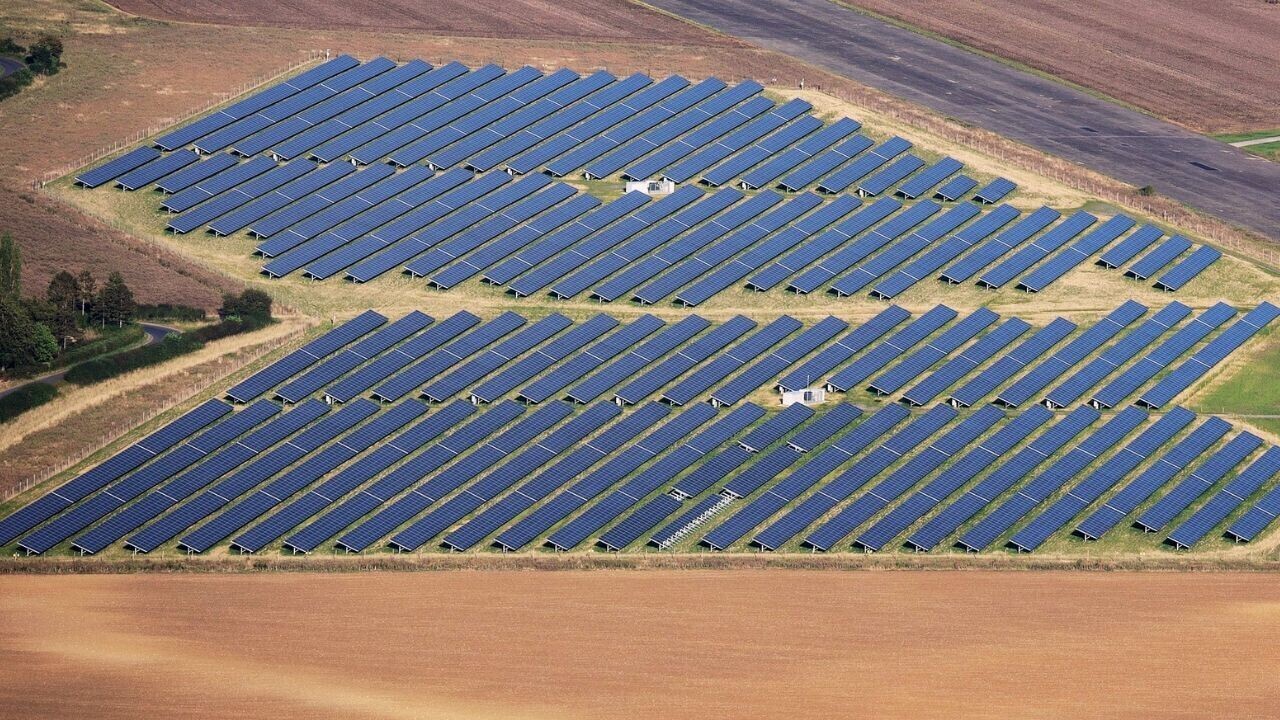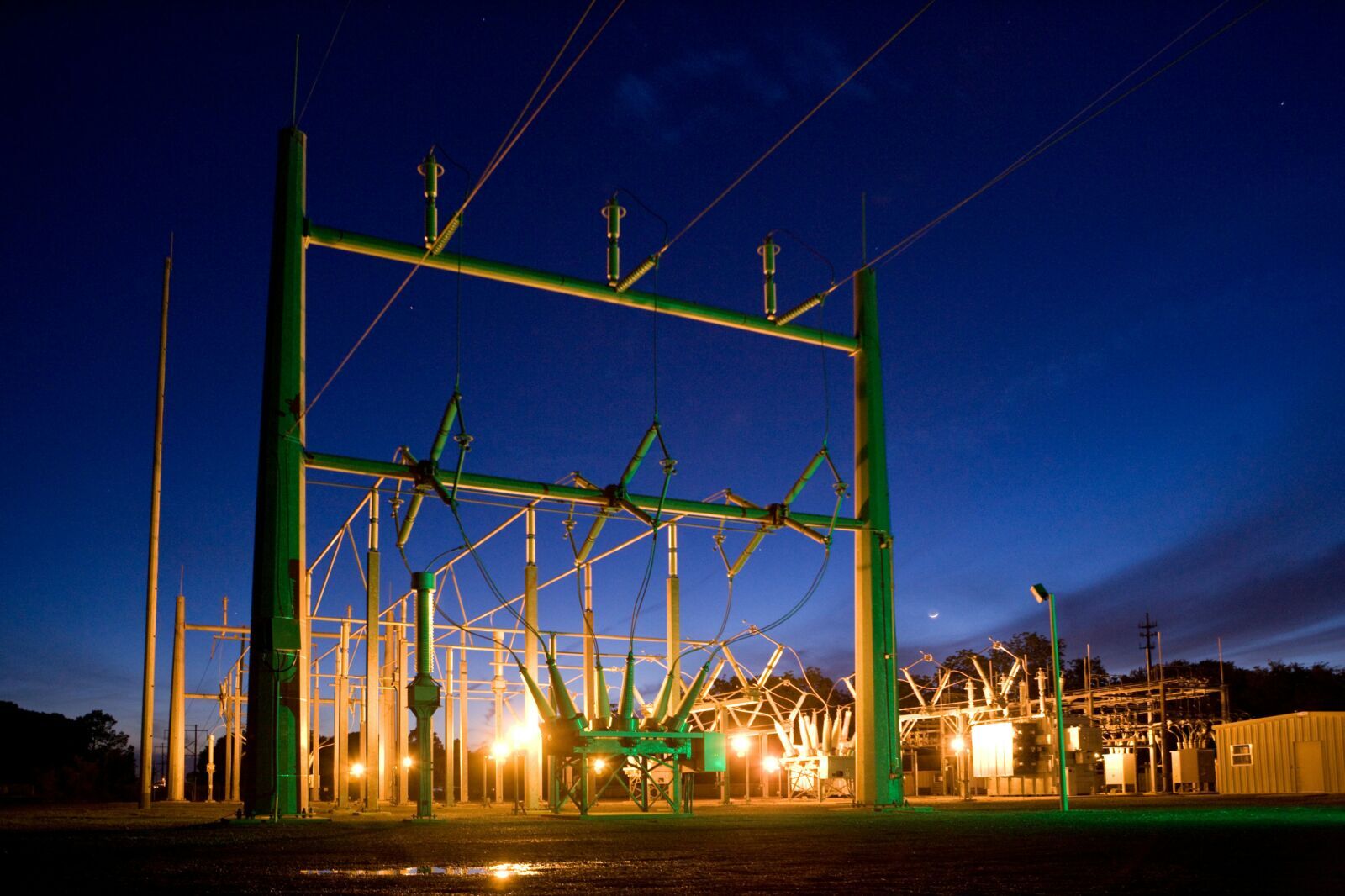In an era of dynamic global shifts, Nigeria's energy transition faces many opportunities and risks. Dr Uche Ogah, at the NAEC Energy Conference 2025, called for bold reforms and policy stability to secure the nation's economic and environmental future.
Reform or Relapse: Nigeria's Tipping Point
"Navigating both opportunity and risk isn't a choice; it's an imperative," Dr Uche Ogah declared, addressing energy stakeholders at NAEC 2025.
The President of Masters Energy Group and a former Minister for Mines and Steel argued that Nigeria's immense energy potential requires swift, pragmatic reforms or the nation risks being left behind as the world pivots to cleaner power.
Policy and Technologies will Shape Transition and Investment
With the Petroleum Industry Act (2021) and Electricity Act (2023), Ogah believes Nigeria has the legislative foundation to anchor progress. He highlighted that power generation remains critically constrained. This is currently below half of the installed capacity, due to bottlenecks and underinvestment.
Oil and gas will remain engines of growth for the foreseeable future, but mounting insecurity, oil theft, and rapidly changing global energy finance threaten to undermine their value. "Gas stands as the bridge fuel for Nigeria's transition," Ogah said, referencing investments in new processing plants and clean cooking initiatives.
The alternative, he warned, is becoming a dumping ground for imported green technology, rather than a creator of Nigerian solutions.
Becoming a Champion of Green Growth, Not Just a Consumer
For Nigeria to lead rather than follow, Dr Ogah envisions major investments in solar, mini-grids, blue hydrogen, and critical minerals.

He called for a National Solar Manufacturing Initiative, a National Energy Transition Academy to retrain workers, and social models that will ensure local communities benefit through job creation and infrastructure development and deployment.
Exceeding Nigeria's 30% renewables target by 2030 is not just a goal, he insisted, "it is the entry ticket to the global green economy." With skills, transparency, and investor trust, Nigeria can transform its oil wealth into lasting, sustainable prosperity.
A Practical Blueprint and a Call for Unity
To reach this future, Dr Ogah outlined reforms:
- A single-window system for licensing to ease business
- National grid modernisation
- Industrial harmony to assure investors
- Transparent benefit-sharing to include every Nigerian
He urged leaders and media to keep reforms "on the front burner" and to tell stories of solutions, not just shortcomings, to galvanise public support for progress.
"Policy certainty attracts capital; community trust protects it," he summarised, calling for coordinated, measurable steps from all stakeholders.
Path Forward
Pragmatic reforms and steadfast policy are key to Nigeria's energy transition. The country must foster innovation, support local capacity building, and align stakeholders around a cohesive vision to become a leader in Africa's green energy revolution.
Unified action and measurable change promise social, economic, and environmental gains, setting the stage for Nigeria's transformation from energy consumer to hub of green technology innovation.
Culled from https://championnews.com.ng













